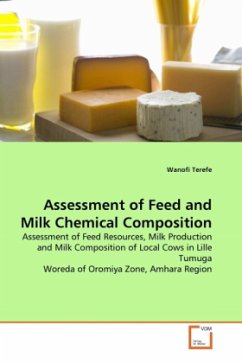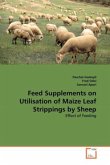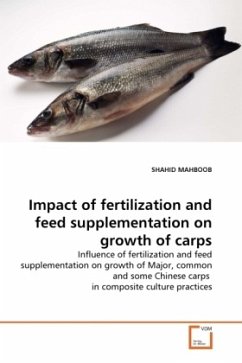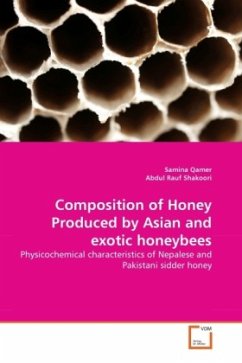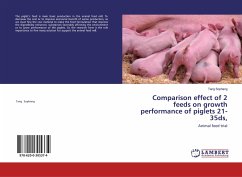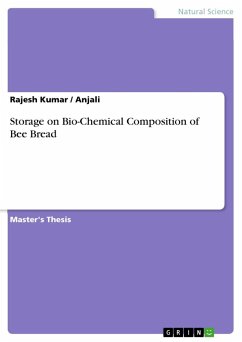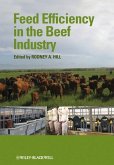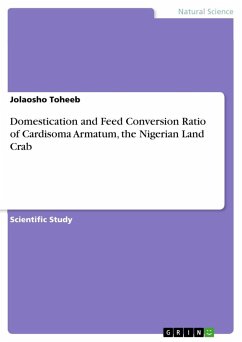Feeds for dairy cows are classified into forages, concentrates (energy and protein feeds) and minerals and vitamin supplements. Classifying feeds is not as important as knowing which feeds are available, their nutritive value, and the factors that affect their utilization in a ration. The small dairy farmers of developing countries have limited resources available for feeding to their ruminant livestock. They do not have the luxury of being able to select the basal diet but use whatever is available at no or low cost. To establish optimum feeding system for livestock it is necessary to identify the available feed resources, the nutritive values of feeds including nutrient contents and feed digestibility to provide the animal with the necessary nutrients as per its requirement. Nutrition can be regarded as one of the most important sources of variation in the yield and composition of milk, but climatic conditions and seasonal variation and regional differences can also play an important role. Determination of milk chemical composition, microbial quality of milk products from small-scale farmers is also very important for the marketability and thus development of dairy industry.

